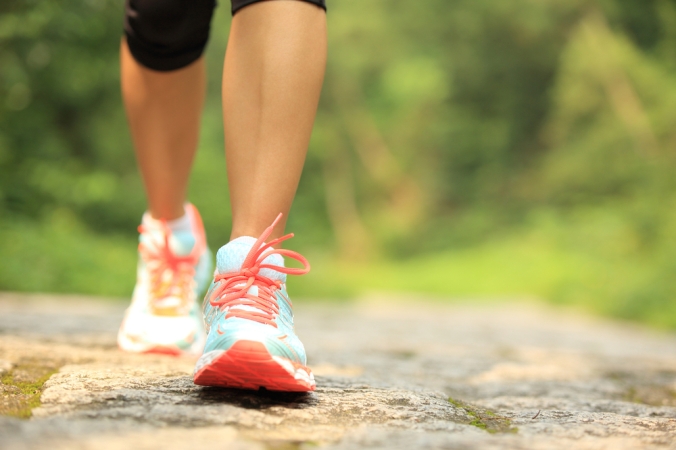Many of us will be enjoying some summer sun right now, whether venturing abroad or making the most of pleasant temperatures here on a staycation in the UK.
But wherever you are enjoying the sun, our skin can often become rather dry and dehydrated during the summer months which is why nourishing from within is so important.
Clinical Nutritionist Suzie Sawyer shares her five favourite foods to help your skin glow all summer long!
Guava Fruit
Guavas contain some of the highest amounts of vitamin C of all fruits and vegetables. This is key for healthy, glowing skin because vitamin C is essential for the production of collagen, our key structural protein. Whilst most of us love the warmth and feeling of the sun on our face, the sun’s rays are extremely damaging to the skin and can accelerate the ageing process.
Since collagen helps prevent wrinkles, guavas could become your go-to fruit this summer. The tough outer skin is bitter, but the flesh inside is deliciously sweet and creamy. They partner really well in fruit salads with berries and kiwis. And the seeds are perfectly edible – also loaded with vitamin C.
Eggs
Eggs are a great source of protein – another collagen booster. They are also high in one of our key skin-loving vitamins, biotin. Biotin is a really busy vitamin, needed for many metabolic processes, including healthy skin. Importantly, it helps metabolise fatty acids, enabling skin to retain structure and moisture. No wonder biotin is often referred to as the ‘beauty vitamin’!
Eggs are extremely versatile but always make a great breakfast choice because of their high protein content, which will keep you feeling fuller for longer – yet another bonus!
Avocados
Any plans for ensuing you have beautiful glowing skin should include the acknowledgement of avocados; they are synonymous with healthy skin. There are two key reasons for this; firstly, they contain the highest amounts of protein of any fruit or vegetable, and secondly, they are loaded with the powerful antioxidant, vitamin E.
Those watching their weight often avoid avocados. They do pack a punch calorie-wise, but as long as you limit them to no more than three a week you should be fine. Avocados also make wonderful face masks, leaving the skin soft, glowing and refreshed. And because they make such a delicious addition to salads, eating avocados always conjures up thoughts of summer, whatever the weather.
Pomegranate seeds
Pomegranate seeds are rich in powerful antioxidants called anthocyanins. These can help protect the skin against free radical damage (including that caused by the sun) and also prevent the ageing process. Pomegranate seeds are also really high in ellagic acid (also found in some berries) and has been studied for its ability to help prevent wrinkles developing. Even better, it protects the skin’s natural collagen from being broken down by over-exposure to the sun.
Pomegranate seeds work as well in sweet dishes as savoury ones. Think chicken, couscous, salads or homemade muesli, to get your morning off to a flying start!
Carrots
Carrots provide some of the richest sources of beta-carotene, a super powerful antioxidant. Specifically, beta-carotene has been studied in relation to its ability to prevent damage from the sun to the skin. The body converts beta-carotene into Vitamin A – also known as retinol – which is a common ingredient in many skincare products.
Clearly, carrots need no introduction for their wealth of uses in dishes. However, during the summer months there’s nothing better than chopping up a plate of crudités with carrots, peppers, cucumber, some toasted wholemeal pitta bread, with some delicious dips, for a great al fresco starter. And your skin will love it too!
When it comes to skin, what happens within is actually more important than what happens on the outside. So, nourish yours well this summer.
Stay well.
FOR MORE GREAT DIET AND LIFESTYLE ADVICE:
Sign up to receive our blog and get a weekly dose of the latest nutrition, health and wellness advice direct to your inbox.
Follow us on Twitter @feelaliveuk for nutrition, lifestyle and well-being tips.
Visit us at www.feelaliveuk.com for the latest offers and exclusive Alive! content.
Follow and Chat with Suzie on Twitter @nutritionsuzie
For everything you need to know about vitamins, minerals and herbs visit our sister site Herbfacts
All images: Shutterstock



























































